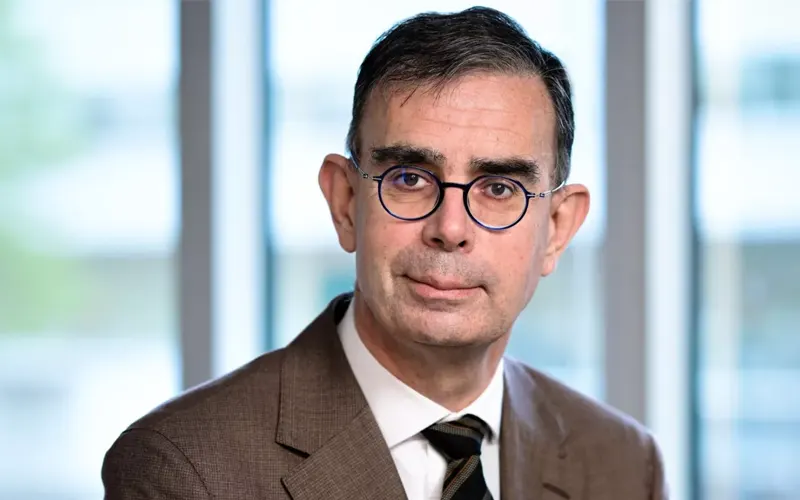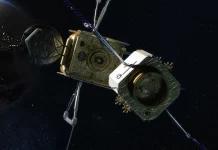
France’s Council of Ministers announced on 23 May that it had confirmed François Jacq as the new President and CEO of CNES. Jacq joins the agency from his role as General Administrator of the French Alternative Energies and Atomic Energy Commission (CEA), a position he has held since 2018.
With his confirmation, Jacq officially replaces Philippe Baptiste, who stepped down in January 2025 to become France’s Minister for Higher Education and Research. Since then, Deputy CEO Lionel Suchet has been serving as the interim head of the agency. Jacq will not serve a full four-year term and will instead finish out the remainder of Philippe Baptiste’s original mandate, which is set to conclude in 2026. A new confirmation process will then need to be launched if Jacq is to retain the role.
Jacq’s confirmation was not unanimous, with significant portions of the Economic Affairs Committee of the National Assembly and the Senate Economic Affairs Committee opposing the appointment. During his confirmation hearing in front of the Economic Affairs Committee, Julien Gabarron, a National Assembly deputy from Hérault’s 6th constituency and member of the far-right Rassemblement National, used his time to state his opposition to Jacq’s appointment as the new head of CNES.
“You appear, Mr Jacq, more as a loyal executor of Macron’s agenda than a committed defender of France’s strategic interests. More focused on the smooth advancement of your own career than on national priorities. Given the disastrous decisions you made at the Atomic Energy Commission, we will, unsurprisingly, vote against this appointment, which appears to be a reward for loyalty, not a recognition of competence.”
During his confirmation hearings, Jacq outlined several key strategic priorities for his tenure as President and CEO of the agency. These included strengthening European cooperation to avoid fragmentation, ensuring independent access to space, advancing dual-use technology programmes in collaboration with the Ministry of the Armed Forces, and promoting scientific excellence as a means of countering “alternative truths.”




